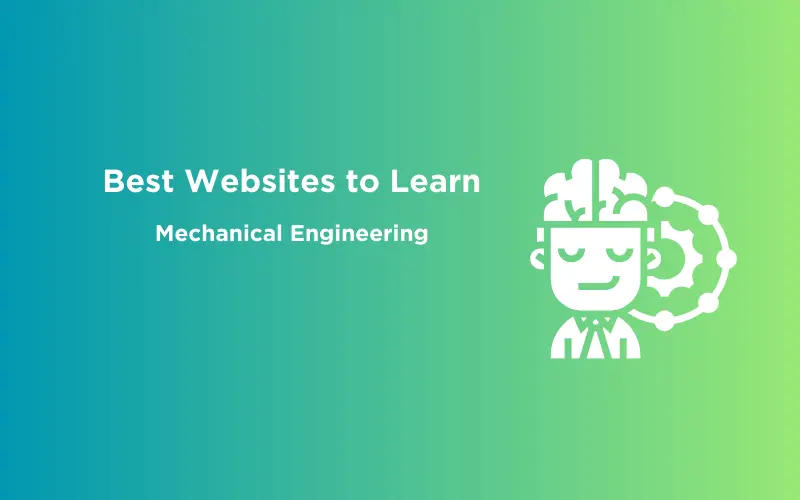
Best Websites to Learn Mechanical Engineering
Mar 03, 2025 4 Min Read 7098 Views
(Last Updated)
Mechanical engineering is a cool field that’s all about designing and building stuff, like machines, cars, and even robots. If you’re interested in this, you’re in luck! The internet has tons of websites that can teach you all about it.
Imagine having your own tour guide through the world of mechanical engineering, and that guide is your computer. These websites are like your tour guides, and they’ll show you all the neat things about mechanical engineering.
So, whether you’re a student who wants to become a mechanical engineer, a working person who wants to learn more, or just someone who thinks machines are awesome, keep reading! We’ll show you the best websites to learn mechanical engineering and become a pro at it.
Table of contents
- Top Educational Websites for Mechanical Engineering
- GUVI
- A Few Other Sources Include
- Online Communities and Forums for Mechanical Engineering
- Stack Exchange (Mechanical Engineering Stack Exchange)
- Reddit (r/engineering)
- Free Resources and OpenCourseWare for Mechanical Engineering
- Engineering Blogs and Publications for Mechanical Engineering
- YouTube Channels and Video Tutorials for Mechanical Engineering
- Professional Organizations and Associations for Mechanical Engineering
- American Society of Mechanical Engineers (ASME)
- Institution of Mechanical Engineers (IMechE)
- Conclusion
- FAQs
- Are these websites suitable for beginners in mechanical engineering?
- Are the courses on these websites free, or do they require payment?
- Do these websites offer certifications or degrees in mechanical engineering?
Top Educational Websites for Mechanical Engineering
Here’s a list of reputable educational websites for learning mechanical engineering:
GUVI

GUVI is an exceptional online learning platform that stands out for its practical approach to mechanical engineering courses. It offers a wide range of courses designed to equip learners with industry-relevant skills. What sets GUVI apart is its emphasis on hands-on learning. The platform provides video lectures, quizzes, and hands-on projects that allow students to apply what they’ve learned.
This practical approach is especially valuable for those looking to bridge the gap between theoretical knowledge and real-world applications. GUVI’s courses are created and delivered by industry experts, ensuring that learners receive up-to-date and relevant content. Additionally, GUVI offers a supportive learning community, making it an excellent choice for those seeking an interactive and comprehensive learning experience.
A Few Other Sources Include
- Coursera
- edX
- Khan Academy
- MIT OpenCourseWare
These platforms offer a variety of resources to cater to different learning needs and preferences.
Before we move on to the next part, you should have a deeper knowledge of key mechanical engineering concepts. You can consider enrolling yourself in GUVI’s CAD Program for Mechanical Engineers, which lets you gain practical experience by developing real-world projects and covers technologies including AutoCAD, Solidworks, CATIA, Ansys, GD & T, etc.
Additionally, if you would like to explore AutoCAD for Mechanical Engineering through a self-paced course, you can take GUVI’s AutoCAD Mechanical Certification Course.
Online Communities and Forums for Mechanical Engineering

Participating in online communities and forums can be immensely valuable for learning, especially in fields like mechanical engineering. Here’s why they are significant:
- Peer Learning
- Problem-Solving
- Networking
- Staying Updated
- Diverse Perspectives
Now, let’s list and review some popular online forums and communities for mechanical engineering:
Stack Exchange (Mechanical Engineering Stack Exchange)
Stack Exchange is a trusted platform for asking technical questions and receiving detailed answers. The Mechanical Engineering Stack Exchange is a dedicated space for mechanical engineers to discuss concepts, share knowledge, and help each other with problems. The community is active and responsive, making it an excellent resource for learning and troubleshooting.
Reddit (r/engineering)
Reddit’s r/engineering is a bustling community where engineers from different disciplines, including mechanical engineering, come together to share news, projects, and experiences. While it’s a great place for networking and staying informed, it’s also a relaxed environment for engineering enthusiasts to engage in casual discussions.
These online communities and forums provide a supportive environment for mechanical engineering enthusiasts to discuss topics, seek assistance, and collaborate on projects. Whether you’re a student, a professional, or someone passionate about engineering, these platforms offer opportunities for continuous learning and interaction with a vibrant community.
Free Resources and OpenCourseWare for Mechanical Engineering
Free resources and OpenCourseWare (OCW) are invaluable for budget-conscious learners, especially in fields like mechanical engineering. Here’s why they are highly valuable:
- Cost-Effective Learning
- Accessible Education
- Diverse Topics
- Self-Paced Learning
Now, let’s list some websites and institutions that offer free mechanical engineering courses and materials:
These resources offer a wealth of knowledge and educational opportunities for budget-conscious learners interested in mechanical engineering. Whether you’re seeking foundational knowledge or looking to explore advanced concepts, these platforms provide accessible and cost-effective options for your educational journey.
Engineering Blogs and Publications for Mechanical Engineering

Staying updated with industry news and trends is crucial for professionals and enthusiasts in mechanical engineering. Here’s why it matters:
- Professional Development
- Innovation and Inspiration
- Networking
Now, let’s recommend some engineering blogs and publications where readers can access valuable articles, research papers, and case studies related to mechanical engineering:
These sources provide a wealth of information and resources to help mechanical engineers and enthusiasts stay informed, inspired, and connected with the latest advancements and trends in the field. Regularly reading these publications can contribute significantly to professional growth and industry awareness.
YouTube Channels and Video Tutorials for Mechanical Engineering

Video-based learning has become increasingly popular, offering a dynamic and engaging way to acquire knowledge and skills. In the field of mechanical engineering, YouTube channels and video tutorials are valuable resources that provide visual demonstrations and explanations, making complex concepts more accessible. Here are some notable YouTube channels and video tutorials for learning mechanical engineering:
These YouTube channels and video tutorials offer a wealth of educational content for learners interested in mechanical engineering. Whether you’re a student looking to reinforce your understanding of coursework or a professional seeking to expand your knowledge, these visual resources can enhance your learning experience and make complex topics more accessible.
Professional Organizations and Associations for Mechanical Engineering
Joining professional organizations in the field of mechanical engineering offers numerous advantages for both aspiring engineers and seasoned professionals. Here are some key benefits:
- Access to Resources
- Networking Opportunities
- Career Support
- Professional Development
- Certifications and Training
Now, let’s provide information about two renowned professional organizations in mechanical engineering:
1. American Society of Mechanical Engineers (ASME)
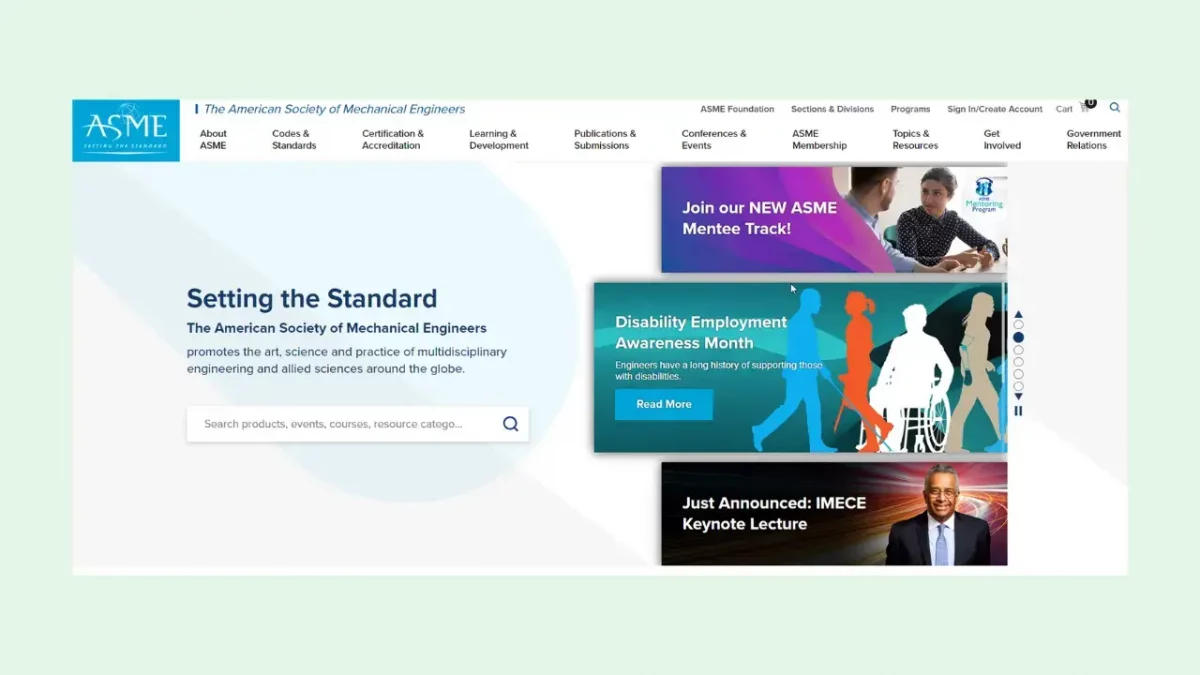
ASME is a globally recognized professional organization for mechanical engineers. It offers a wide range of resources, including technical journals, codes and standards, and publications. ASME hosts conferences, workshops, and webinars, providing opportunities for networking and professional development. ASME membership grants access to technical content, opportunities to join committees, and discounts on conferences and publications. Members can also participate in local sections and student competitions.
2. Institution of Mechanical Engineers (IMechE)
IMechE is a professional institution based in the United Kingdom, but it has a global reach. It serves mechanical engineers and the engineering community at large. IMechE offers a variety of resources, events, and publications. IMechE membership provides access to technical content, events, and networking opportunities. Members can pursue professional registration, access career development resources, and contribute to the advancement of engineering.
Both ASME and IMechE offer valuable resources and opportunities for mechanical engineers to enhance their careers, stay informed, and connect with like-minded professionals. Membership in these organizations can be a valuable investment in one’s professional development.
Kickstart your career by enrolling in GUVI’s CAD Career Program for Mechanical Engineers where you will master technologies including AutoCAD, Solidworks, CATIA, Ansys, GD & T, etc, and build interesting real-life mechanical projects.
Alternatively, if you would like to explore AutoCAD for Mechanical Engineering through a self-paced course, you can take GUVI’s AutoCAD Mechanical Certification Course.
Conclusion
We want to encourage you to explore these websites and resources to learn more about mechanical engineering. It doesn’t matter if you’re just starting or if you’ve been doing it for a while; there’s always something new to learn.
Mechanical engineering is always changing and evolving. That’s what makes it exciting! So, always remember to keep learning, keep asking questions, and keep exploring new ideas. The more you learn, the better you’ll become at mechanical engineering. Keep going!
FAQs
Yes, many of the recommended websites offer courses and resources suitable for beginners. They often provide introductory content to help newcomers understand the basics of mechanical engineering before delving into more advanced topics.
The availability of free courses varies among the websites. Some platforms offer both free and paid courses, while others provide entirely free materials. It’s essential to check the pricing details on each platform and choose the courses that align with your budget and learning goals.
While these websites provide valuable learning resources, they typically do not offer formal degrees in mechanical engineering. However, some platforms offer certificates upon completing certain courses or programs.
These certificates can be valuable for professional development and adding to your resume but may not be equivalent to a full degree. If you seek a formal degree, you would generally need to enroll in a university or college program.

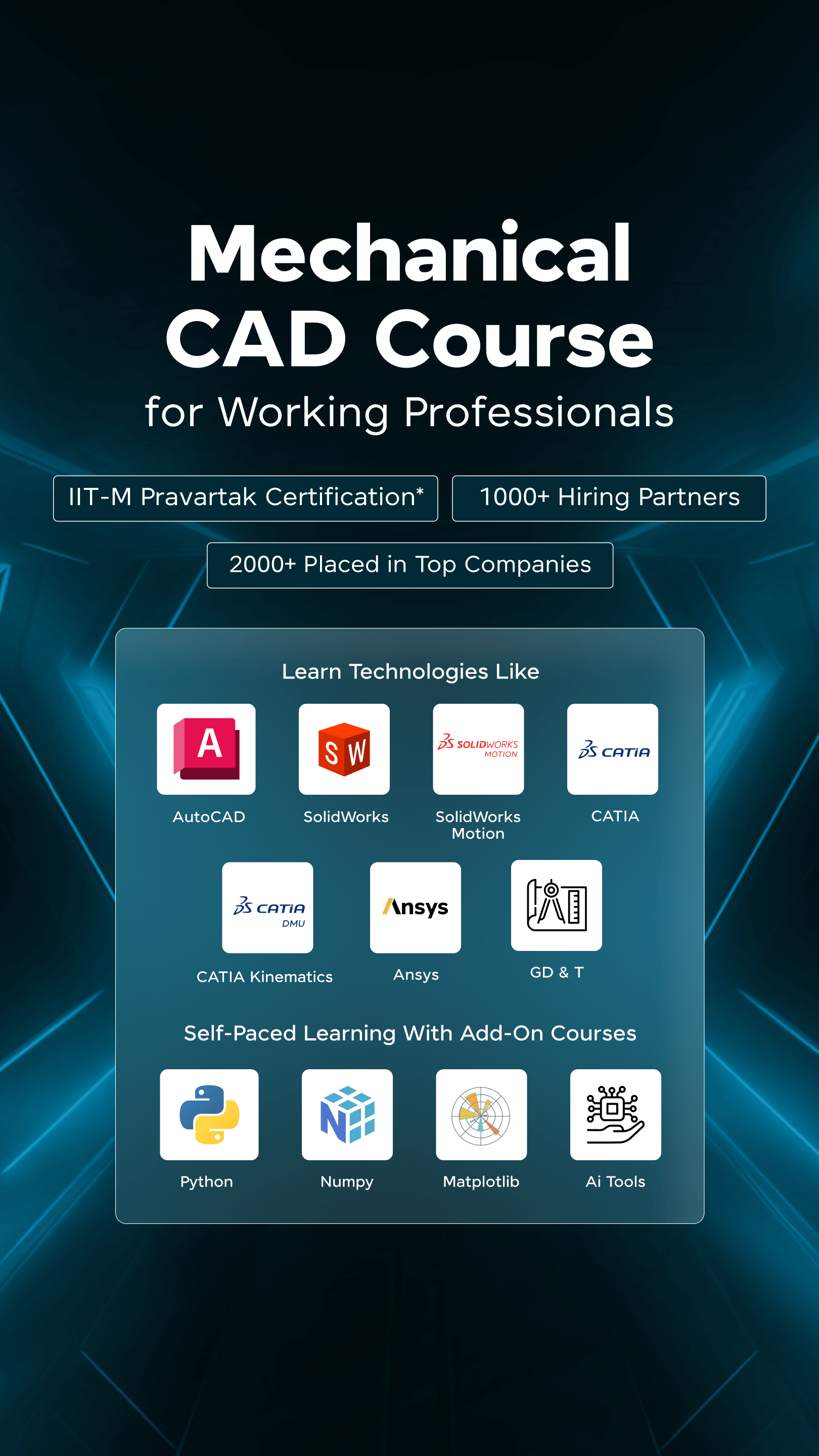



















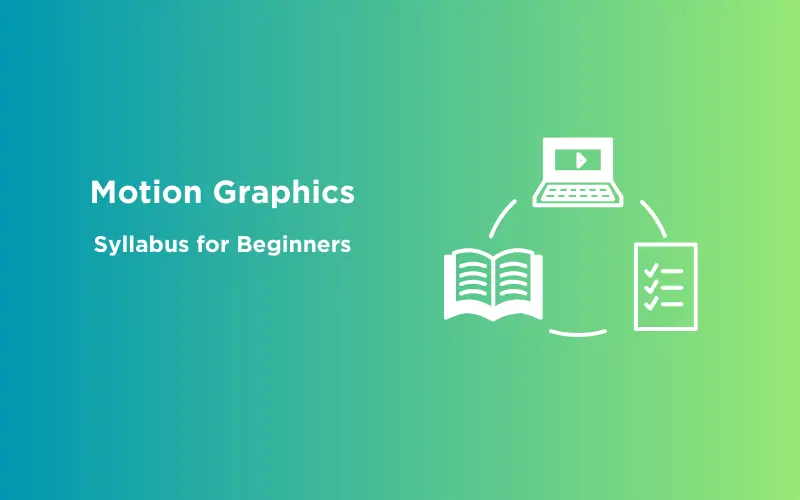






![Project-Based Learning: Smart Ideas and Important Tips To Implement It [2025] 9 Feature Image - Project-Based Learning](https://www.guvi.in/blog/wp-content/uploads/2024/05/feature_image.webp)
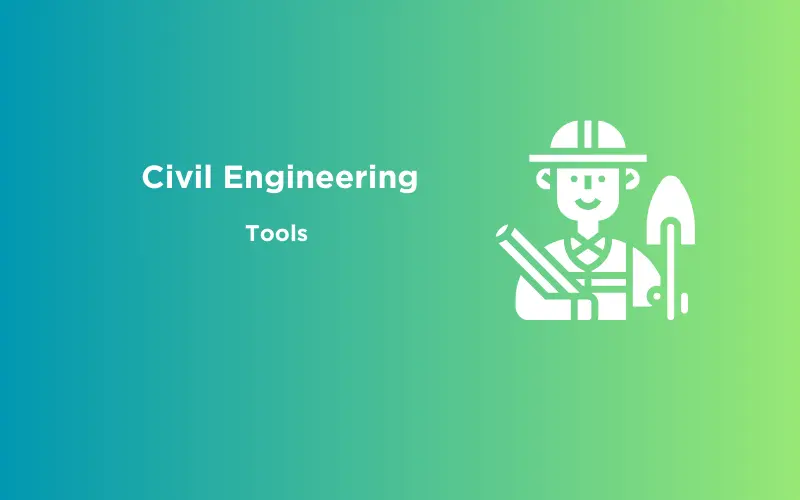

Did you enjoy this article?